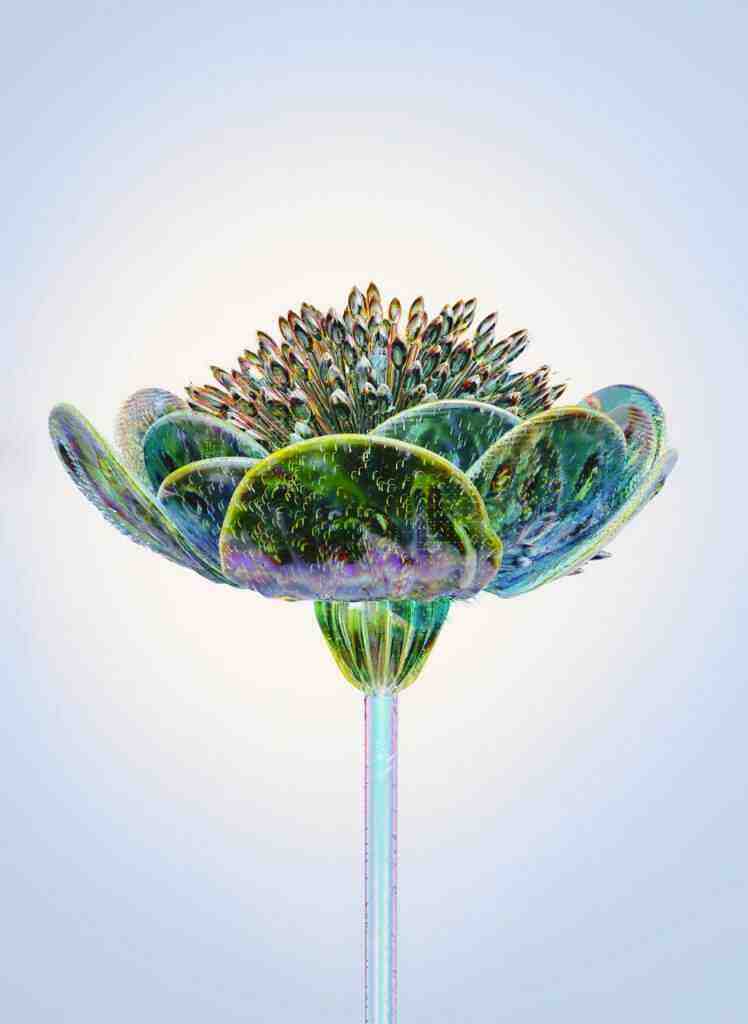Ai Weiwei’s Intriguing Outlook on Art and Society
On a Tuesday night in 2024, the renowned Town Hall in Manhattan hosted an unforgettable evening with Ai Weiwei, the Chinese artist and dissident celebrated for his provocative and thought-provoking works. Organized by PEN America as part of their PEN Out Loud series, Ai Weiwei graced the stage for an insightful conversation with author and interviewer Mira Jacob. The event provided a platform for Ai Weiwei to share his perspectives on his latest book, “Zodiac,” and his unique insights on art, censorship, and the evolving landscape of creative expression.
Navigating the Complexities of “Zodiac”
Ai Weiwei’s latest literary offering, “Zodiac,” takes a distinctive approach to storytelling by intertwining the animals of the Chinese zodiac with cat references. This intriguing concept stems from Ai Weiwei’s fascination with the zodiac’s universal appeal and its usefulness as a conversational icebreaker. Illustrated by Gianluca Costantini, “Zodiac” was not Ai Weiwei’s initial idea, but he embraced it, allowing others to take the lead in its creation. This approach aligns with Ai Weiwei’s artistic philosophy of relinquishing control, a theme that resonates throughout “Zodiac.”
Art as a Reflection of Personal and Political Struggles
As a visually acclaimed artist, Ai Weiwei is renowned for his powerful and often controversial artworks. His contributions to the Beijing Bird’s Nest stadium for the 2008 Summer Olympics stand as a testament to his artistic brilliance. However, his outspoken criticism of the Chinese Communist Party led to his imprisonment in 2011 for unspecified crimes. Since then, Ai Weiwei has resided in various countries, including Portugal, Germany, and Britain, continuing to create art that challenges authority and confronts social and political issues.
Confronting Censorship in the West
Ai Weiwei’s experiences with censorship extend beyond China’s borders. In 2022, the Lisson Gallery in London indefinitely postponed a planned Ai Weiwei exhibition following a controversial tweet he posted in response to the Israel-Hamas conflict. The tweet, which expressed Ai Weiwei’s belief that the sense of guilt surrounding the persecution of Jewish people had been exploited to offset the plight of the Arab world, drew accusations of anti-Semitism. Ai Weiwei later deleted the tweet, expressing regret for its potential to cause offense. This incident highlights the complex and often-contradictory nature of censorship in the West, where freedom of expression is often pitted against concerns about sensitivity and political correctness.
The Perils of “Correctness” and the Power of Individuality
Ai Weiwei’s conversation with Mira Jacob delved into the concept of “correctness” and its stifling effect on creative expression. He emphasized the importance of individuality and the need for diverse perspectives, arguing that the pursuit of a single, universally accepted way of expressing oneself is detrimental to a truly free society. This belief is reflected in Ai Weiwei’s artistic practice, which often challenges conventional norms and pushes the boundaries of what is considered acceptable.
Facing Unconventional Questions with Wit and Candor
Throughout the event, audience members submitted questions to Ai Weiwei, some of which were met with brief, off-hand, and occasionally dismissive responses. Ai Weiwei’s reactions to these inquiries ranged from humorous quips to thought-provoking reflections. When asked who inspires him, Ai Weiwei playfully responded by complimenting Jacob’s beauty. His response to the question of whether one can make great art while being comfortable was a resounding “impossible,” highlighting his belief that discomfort and challenge are essential catalysts for artistic creation.
The Enduring Power of Art
Ai Weiwei’s conversation with Mira Jacob concluded with a poignant exchange about the significance of art in society. When asked if art has the power to change a country’s politics, Ai Weiwei responded with a touch of skepticism, suggesting that such a notion might be overly optimistic. However, he acknowledged that art can play a role in raising awareness and provoking thought, potentially leading to incremental changes over time. Ultimately, Ai Weiwei’s unwavering commitment to artistic expression shines through his belief that art, in its various forms, possesses the ability to challenge authority, provoke dialogue, and inspire change, even if its impact may not always be immediately apparent.
